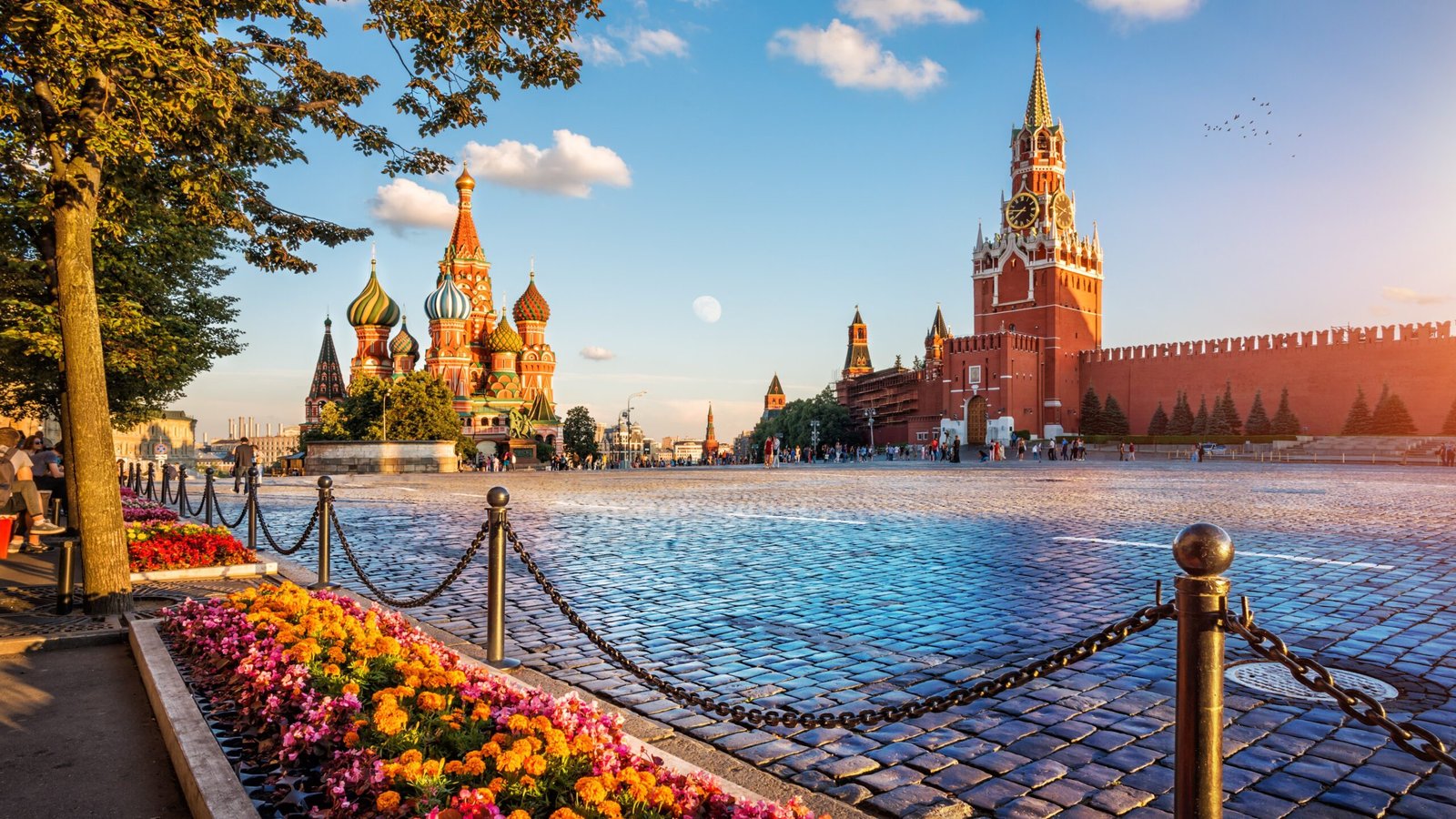Obtaining a residence visa in Russia can open up a world of opportunities. Whether you are planning to work, study, or settle in this vast and culturally rich country, understanding the process is essential. This detailed guide will walk you through “How to get a residence visa in Russia?” step by step, ensuring you are well-prepared and confident throughout the process.
Why Consider a Residence Visa in Russia?
Russia offers a unique blend of opportunities, history, and culture. Securing a residence visa grants you access to:
- Extended Stay: Live in Russia beyond the limits of a standard visa.
- Work and Study Opportunities: Engage in employment or education legally.
- Pathway to Citizenship: A residence visa is often the first step toward permanent residency or citizenship.
- Travel Flexibility: Enter and exit Russia without frequent visa renewals.
How to Get a Residence Visa in Russia? Step-by-Step Guide
1. Understand the Types of Residence Visas
Russia offers two main categories of residence permits:
1.1 Temporary Residence Permit (TRP)
- Valid for up to three years.
- Allows you to live and work in Russia.
- Quota-based (except for specific categories such as spouses of Russian citizens).
1.2 Permanent Residence Permit (PRP)
- Granted after holding a TRP for at least one year.
- Valid indefinitely but requires renewal every five years.
2. Determine Your Eligibility
Eligibility for a residence visa depends on various factors, including:
- Marriage: Being married to a Russian citizen.
- Employment: Holding a job offer from a Russian company.
- Study: Enrollment in a Russian educational institution.
- Investment: Significant financial investments in Russia.
3. Gather Required Documents
Preparing the correct documents is crucial to avoid delays. Here’s what you’ll typically need:
- Application Form: Fully completed and signed.
- Passport: Valid for at least six months beyond the intended stay.
- Proof of Legal Stay: For those already in Russia.
- Medical Certificates: Including HIV test results.
- Financial Proof: Bank statements or employment contracts.
- Language Proficiency Certificate: Proof of basic Russian language skills.
- Photographs: Passport-sized photos as per specifications.
Note: Requirements may vary based on your specific situation.
4. Submit Your Application
Steps to Submit:
- Choose the Submission Method: Applications can be submitted at Russian consulates, migration offices, or online portals.
- Pay the Fees: Fees vary depending on the type of visa and processing time.
- Attend an Interview: Some applicants may be required to attend an in-person interview.
5. Await Approval
Processing times vary:
- TRP: Typically takes 4-6 months.
- PRP: May take up to 6 months.
Patience is key during this stage. Keep track of your application status and respond promptly to any additional requests.
6. Complete Registration After Approval
Once your residence visa is approved:
- Register your address with the local migration office within seven days.
- Update your documents, such as your employment or study permits, if applicable.
Tips for a Smooth Application Process
- Start Early: Begin gathering documents and preparing your application well in advance.
- Seek Expert Guidance: Consider hiring an immigration consultant to navigate complex requirements.
- Stay Informed: Regularly check for updates on Russian immigration laws and policies.
- Practice Patience: Processing times can be long; avoid unnecessary stress by planning accordingly.
Common Challenges and How to Overcome Them
1. Language Barriers
Many documents and procedures are in Russian. Consider:
- Hiring a translator.
- Taking Russian language courses.
2. Complex Bureaucracy
Russian administrative processes can be intricate. Overcome this by:
- Staying organized.
- Double-checking document requirements.
- Following up consistently.
3. Quota Limitations
For TRP applicants, quotas can be a hurdle. Increase your chances by:
- Applying early in the year.
- Demonstrating exceptional qualifications or connections.
Benefits of Holding a Residence Visa in Russia
Once you secure a residence visa, you can:
- Work Without Restrictions: Enjoy employment opportunities across industries.
- Access Social Services: Benefit from healthcare, education, and other public services.
- Apply for Permanent Residency: Transition to PRP with greater ease.
- Explore Russia: Travel freely within the vast regions of Russia.
FAQs About Getting a Residence Visa in Russia
1. How long does it take to get a residence visa in Russia?
The processing time varies:
- TRP: 4-6 months.
- PRP: Up to 6 months.
2. Can I apply for PRP directly?
No, you typically need to hold a TRP for at least one year before applying for PRP.
3. Do I need to renew my residence visa?
- TRP: Valid for three years with no renewal option.
- PRP: Requires renewal every five years.
4. Can I work in Russia with a residence visa?
Yes, both TRP and PRP allow you to work legally in Russia.
Conclusion
Securing a residence visa in Russia might seem daunting at first, but with the right guidance and preparation, it’s an achievable goal. From understanding eligibility criteria to submitting a strong application, this guide has covered all the essential steps to answer “How to get a residence visa in Russia?”. Start your journey today and unlock the opportunities that await in this fascinating country.
Related Post:- How Do I Get a Work Permit in Mexico?


Leave a Reply